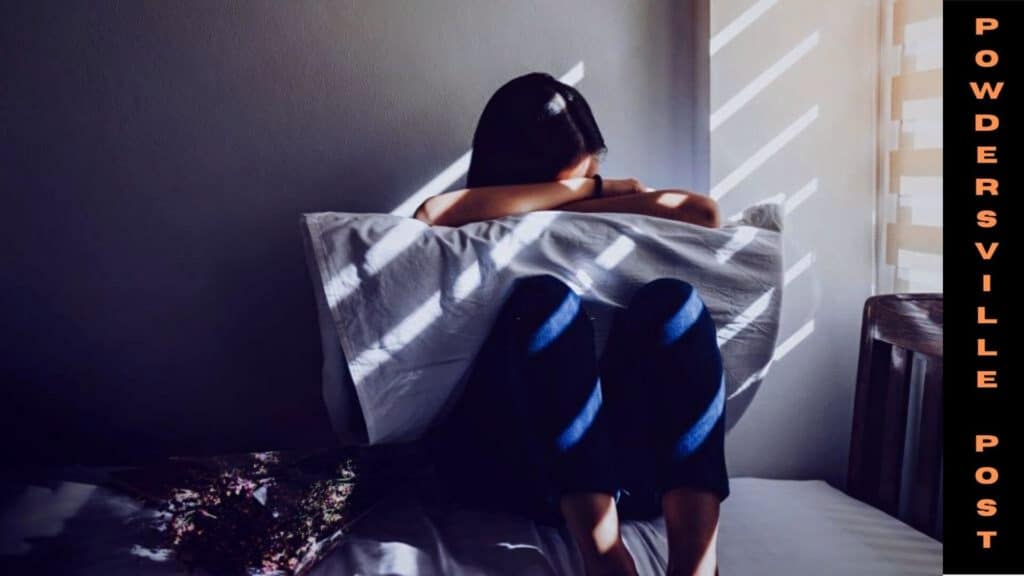Depressed Peoples More Likely To Believe Vaccine-Related Misinformation
Nikki Attkisson | Last Updated : January 25, 2022Work from home, online classes, unemployment, social distance, staying indoors has become a new normal due to COVID-19. However, most of us have already started to adapt to these lifestyle changes.
Depressed Peoples More Likely To Believe Vaccine-Related Misinformation
To prevent infection, people choose to stay home. But psychologists say that these circumstances may lead to mental health issues for an individual. Staying home and lacking physical interaction with friends and family can cause harm to mental health.

On the brighter side, we have a lot of things that can help us to take care of mental health. At the same time, it is advisable to help a person who may need assistance and care.
The tendency to believe negative information instead of positive ones may aggravate the spread of misinformation. Sadly, the negative info will lead to depression. A team of investigators at Massachusetts General Hospital studied the reports of many individuals.
They analyzed whether the people who undergo depression symptoms get exposed to misinformation related to COVID vaccination. The findings of their investigation are available in JAMA Network Open.
When it comes to vaccines, people get exposed to misinformation via variable sources. They believe the rumors and assume that the vaccines are harmful.
To investigate, Perlis and his associates studied responses from 15,464 grown-ups from all 50 Washington, D.C. and U.S. states. After responding to a questionnaire that estimated depressive signs, they conducted an internet survey from May to July 2021 that contained statements related to COVID-19 vaccines.
The team realized that levels of depression are at least three times higher than the previous levels before the COVID-19 pandemic. The participants with greater or intermediate depressive symptoms on the initial questionnaire are more likely to deliver at least one of four false information about COVID-19 vaccination. Those who endorsed these false statements were less likely to get vaccinated.
Especially, the presence of depression was associated with a 2.2-times more increased chance of endorsing misinformation, and respondents supporting at least one misinformation statement were half as likely to be vaccinated and 2.7 times more likely to oppose vaccination.
We cannot conclude that depression caused this susceptibility when looking at the second wave of data. It shows that the depression arrived before the misinformation.
Because the investigation also had questions about social media and news sources. So, the investigators were able to exclude the impact of depression when getting false news from various sources. It not only impacts the people with particular political beliefs or fellows of certain demographic groups.
The investigators state that the conclusions of the investigation give an additional motivation to make sure that people have access to therapy for depression and stress.
“Our investigation results propose that, by addressing the overly high levels of depression in this country during COVID-19. We might decrease people’s exposure to misinformation,” says Perlis. “Of course, we can only show an organization; we cannot show that depression-induced susceptibility, but it is undoubtedly suggestive that it might.”
Perlis emphasizes that the results in no way blame misinformation on individuals with depression but instead suggest that depression may cause someone to be more vulnerable to accepting this false information.
With over 15 years as a practicing journalist, Nikki Attkisson found herself at Powdersville Post now after working at several other publications. She is an award-winning journalist with an entrepreneurial spirit and worked as a journalist covering technology, innovation, environmental issues, politics, health etc. Nikki Attkisson has also worked on product development, content strategy, and editorial management for numerous media companies. She began her career at local news stations and worked as a reporter in national newspapers.
